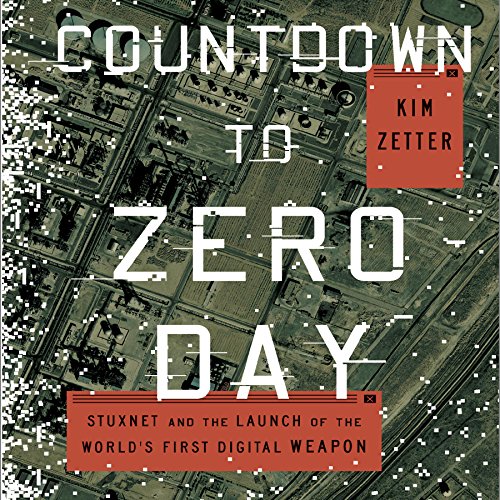By P.W. Singer and Allan Friedman
In Cybersecurity and Cyberwar: What Everyone Needs to Know, New York Times best-selling author P. W. Singer and noted cyberexpert Allan Friedman team up to provide the kind of deeply informative resource book that has been missing on a crucial issue of 21st-century life. Written in a lively, accessible style, filled with engaging stories and illustrative anecdotes, the book is structured around the key question areas of cyberspace and its security: how it all works, why it all matters, and what we can do.
Naval Intelligence Professionals Bookshelf
A Recommended Reading List
Led by RADM Tom Brooks (Ret.) and ISCM Dave Mattingly (Ret.), NIP has constructed a list of books (fiction and non-fiction) which are considered to be “classics” in each of the intelligence disciplines.
The beginnings of this list are included below. The object is to list two or three of the best books in each discipline, and we anticipate that the list will undoubtedly change over time as the readership suggests books that they consider better than the ones on the current list.

SUBJECTS
- *MUST READ* (6)
- China (9)
- Counterintelligence (4)
- Cyber & Information Warfare (3)
- Fiction (5)
- Human Intelligence (HUMINT) (2)
- Intelligence Analysis/Indications and Warning (5)
- Intelligence and National Decision-making (5)
- Leadership (11)
- Naval Intelligence History (General) (9)
- Naval War College Digital Commons (3)
- Other Reading Lists/Key Resources (11)
- Special Operations / Counter Terrorism (3)
- WWI/WWII/Cold War (12)
*MUST READ* China Counterintelligence Cyber & Information Warfare Fiction Human Intelligence (HUMINT) Intelligence Analysis/Indications and Warning Intelligence and National Decision-making Leadership Naval Intelligence History (General) Naval War College Digital Commons Other Reading Lists/Key Resources Special Operations / Counter Terrorism WWI/WWII/Cold War

Cybersecurity and Cyberwar

The Shadow War
By Jim Sciutto
CNN’s chief national security correspondent reveals the invisible fronts of 21st-century warfare and identifies the ongoing battles being waged - often without the public’s full knowledge - from disinformation campaigns to advanced satellite weaponry.

Countdown to Zero Day: Stuxnet
By Kim Zetter
Top cybersecurity journalist Kim Zetter tells the story behind the virus that sabotaged Iran’s nuclear efforts and shows how its existence has ushered in a new age of warfare - one in which a digital attack can have the same destructive capability as a megaton bomb.
